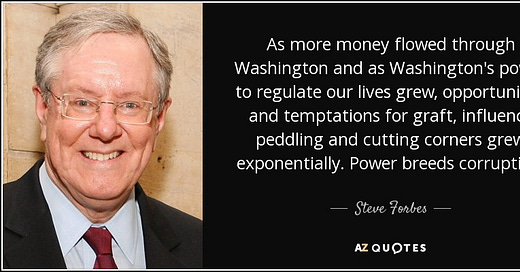“The real problem with American politics is the growing tendency among politicians to pursue victory above all else—to treat politics as war—which runs counter to basic democratic values and may be crippling Washington’s ability to reach solutions that capture the smartest thinking of both camps.” – David A. Moss, Harvard Business Journal
The Problem
A recent poll shows that approximately seven out of 10 people feel that the country is on the wrong track and more than half disapprove of Biden’s job performance, a number that has been plummeting over the past months. Independents tend to agree at 70%, while most Democrats disagree, with only 48% saying that the country is heading in the wrong direction.
“When you see a wrong track of 71 percent, it is a flashing red light,” said GOP pollster Bill McInturff of Public Opinion Strategies. “These folks are telling us that this is not going well.”
What’s driving these polls is the belief that the massive changes the Democrats are pushing (and have forced through) are not in the best interest of Americans. Open borders, vaccine mandates, CRT and costly “infrastructure” bills are causing many to question the wisdom of their elected officials, most of whom are deaf to the concerns.
Massive change is unfortunately based on limited and perhaps inaccurate information and rarely has proof points to back up the decisions. Monetary calculations are almost always foolishly optimistic. And most importantly, since most elections are very close, there is no mandate for sweeping changes. The lack of consensus on candidates is also lack of consensus on the policies voiced during the election cycle.
The phrase “elections have consequences,” first voiced by politicians during Obama’s reign, is as undemocratic as it can be. Unfortunately, this “theory” has been used to make wide-reaching changes throughout his presidency and by the next two presidents, without any attempt at national consensus.
And it’s not hard to see where people stand. As an example, most people favor rational, limited immigration and a shutdown of illegal immigration. This doesn’t mean that we don’t understand and support some refugee admittance, but it should be limited, based on the need to protect the most important people in the US—our citizens.
Policy Analysis
Many have looked into the issue of rational decision-making as opposed to “winning,” and found that incremental change is better, as no one has all the information, and too often, the policy-makers have inaccurate information. Some of their conclusions follow. Note that this is about doing what’s best for a varied population, not what makes the policy-makers feel good or triumph over the other side.
“Boundedly rational policymakers are much more likely to introduce incremental policy changes – based on learning from past experience and addressing the unintended consequences of previous decisions.” Cairney, 2012
“Hayes states that policies are made through a pluralistic process in which a number of participants can instead focus on proposals that seek to incrementally alter the status quo, and that for the process of incrementalism to yield defensible policy outcomes it must seek to satisfy three primary conditions; that all or most social interests should be represented, political resources must be sufficiently balanced so as one actor does not centrally control or dominate and that political parties must be moderate and pragmatic.” Hayes, 2017
Both sides need to stop trying to win, to beat each other, but to serve the actual needs of American citizens. And as one of the most successful countries ever, we need to stop caring about what the rest of the world thinks of us. Most of their carping is due to envy.
Post-Mortems are Critical
No policy-maker ever seems to care to check in on what happens after bills and Executive Orders go into effect. This leads to continuing bad policy making, as there is no learning taking place. And as we double down on bad policies, they metastasize, making things worse.
After every major bill is passed and a defined period of time has transpired, all bills and Executive Orders must be assessed to determine:
- Did they achieve the goals that inspired them?
- What negative consequences resulted?
- Were the negative consequences so great that the bill should be dumped/reformed?
- How much did the action cost versus the amount expected?
- Was this cost reasonable based on the gains?
A bipartisan committee should be assigned to this task. Funding could be gained by eliminating the Depts of Education and Commerce (among others). In this way, we would no longer be forced to deal with errors and overreach. This post-mortem would also inspire more incrementalism, as large-scale efforts are harder to undo. The most successful people in the world always assess each step in their progress and make course corrections or even abandon approaches as they see what works. Our government should do no less.https://www.newsmax.com/politics/poll-nbc-country-direction/2021/11/01/id/1042840/




